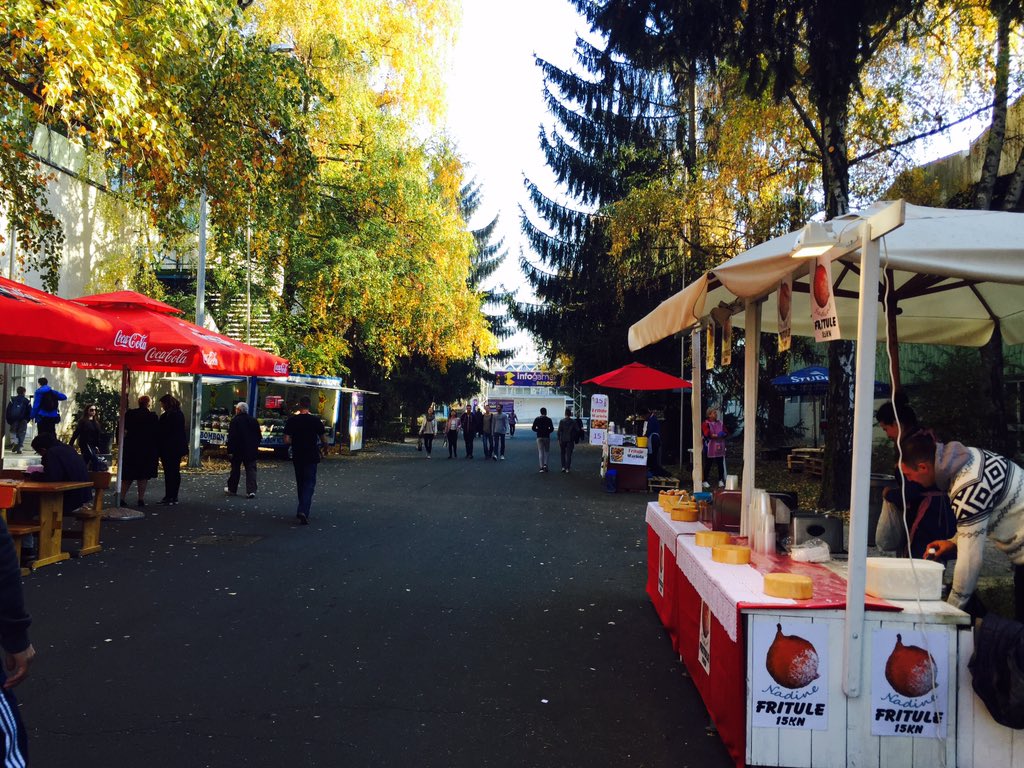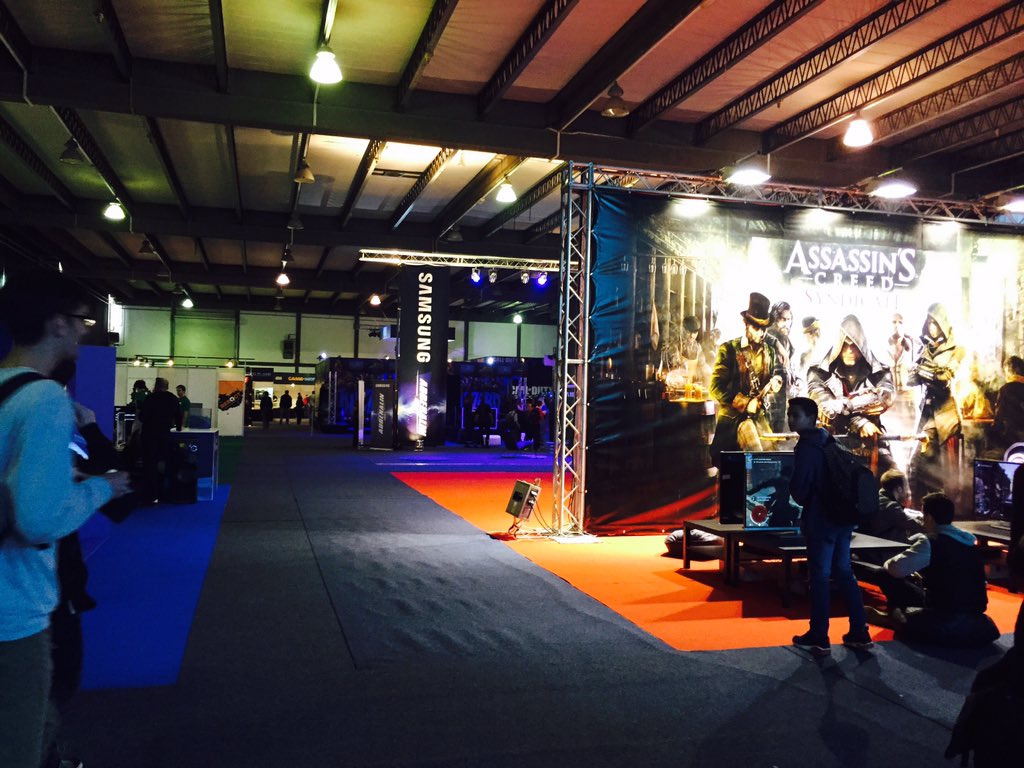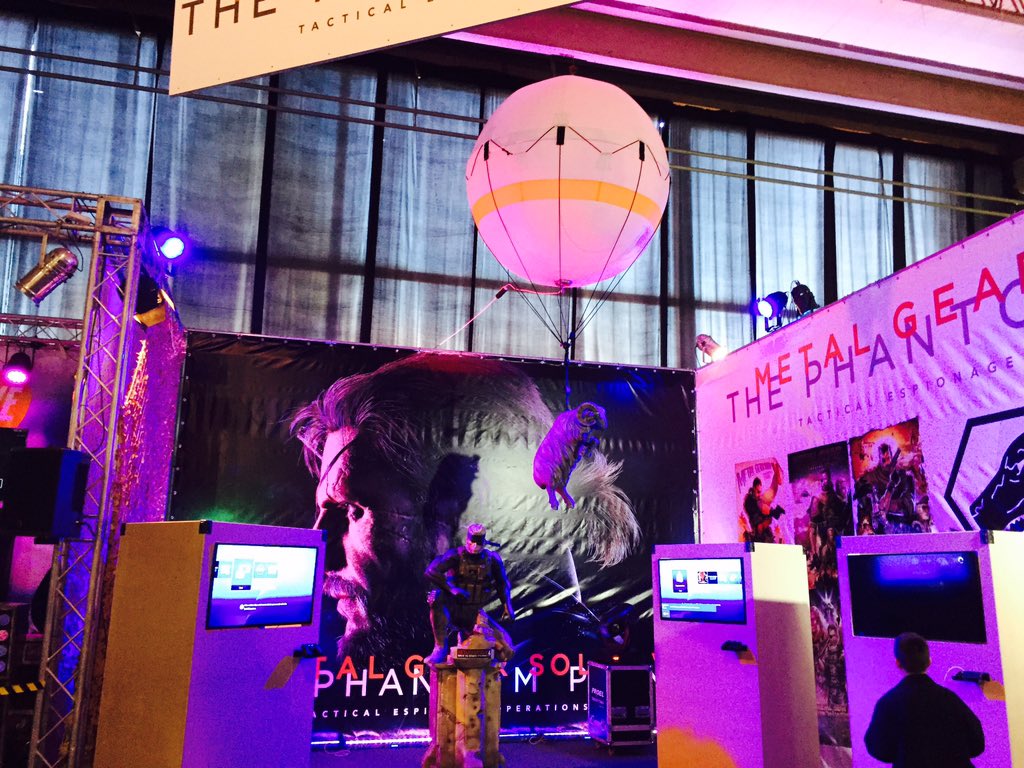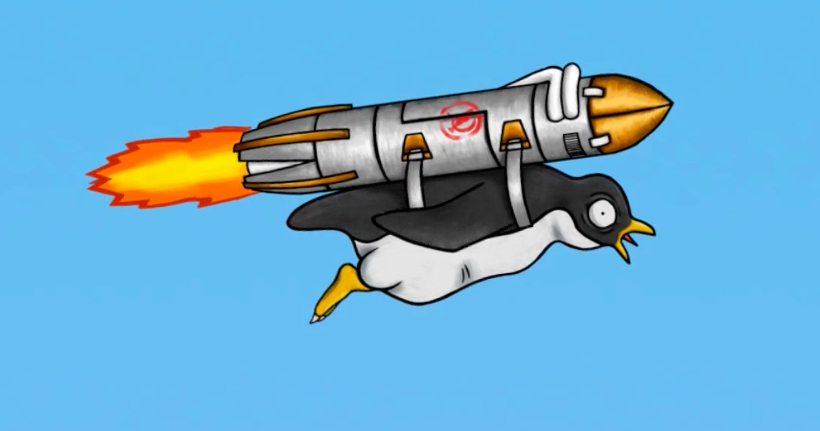I may be a bit slow with this (and by maybe I mean I most likely am), but I've just been made aware of Mediated Reality. It's like Augmented Reality, but also the opposite of it.... Here's a definition of Mediated Reality courtesy of Google:
"Computer-mediated reality refers to the ability to add to, subtract information from, or otherwise manipulate one's perception of reality through the use of a wearable computer or hand-held device such as a smartphone." (Wikipedia, 2015)
There's also a slightly confusing (but straight forward enough) website which demonstrates how it would actually work. Here's a link.
So what if we combined Mediated Reality and Augmented Reality to create the ultimate experience? You could use the Mediated side to remove things you don't want to see, and place the things you do want to see in their place. This would actually work perfectly with my Vent character project. Let me show you how...
Here's a picture of the regular vent on its own:
Now what if instead of seeing that plain vent, I wanted to remove it and see a character instead? I could replace the default and put my vent character in its place, creating something like this:
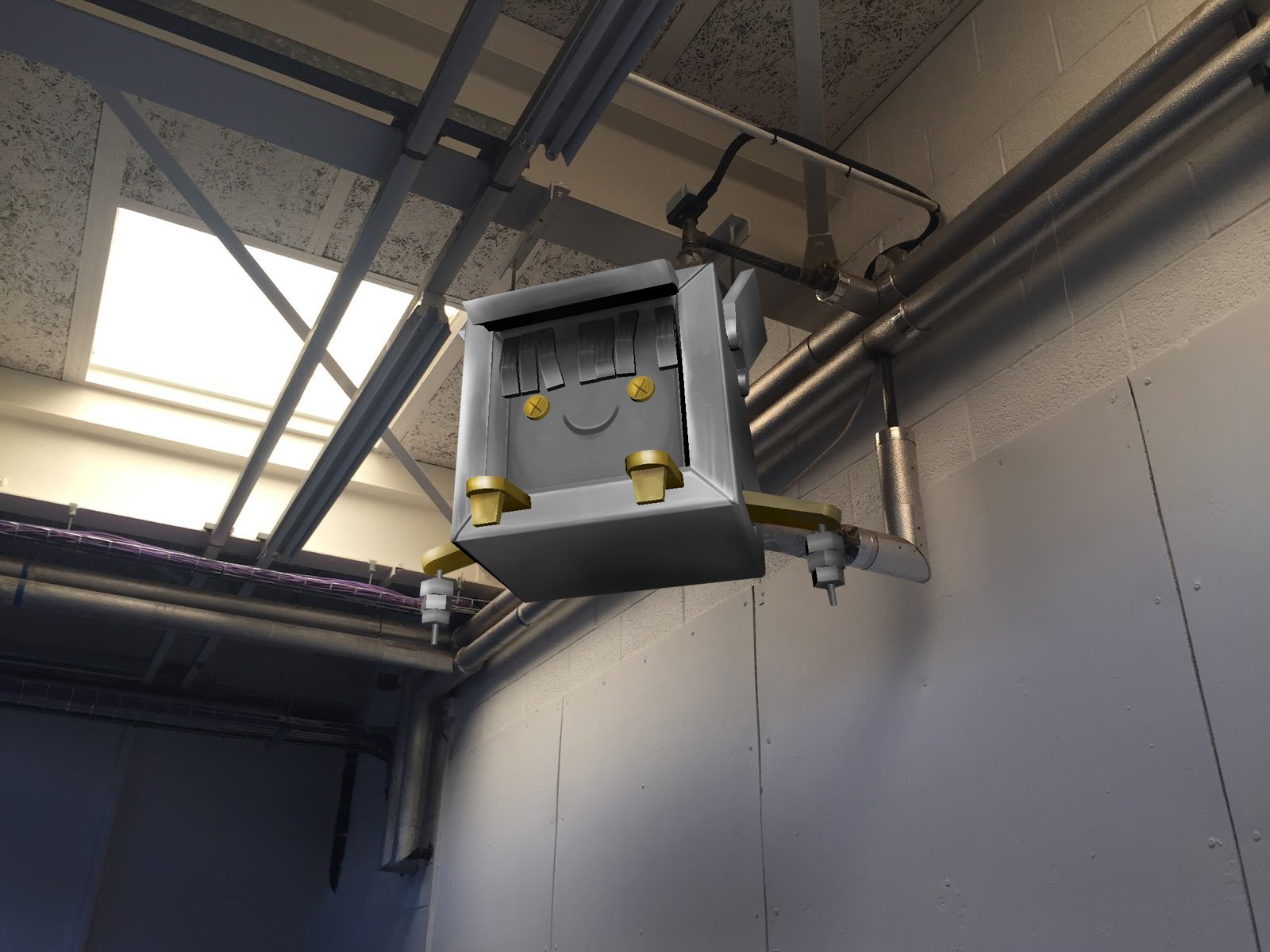
This is exactly the kind of thing that I was hoping to be able to create for my project. The current AR apps are great for projecting 3D models into the real world, but unfortunately they just sit on top of these things rather than serving as a replacement. If we had the ability to actually replace elements with our own, that would be amazing! Definitely something I will be looking into further...










